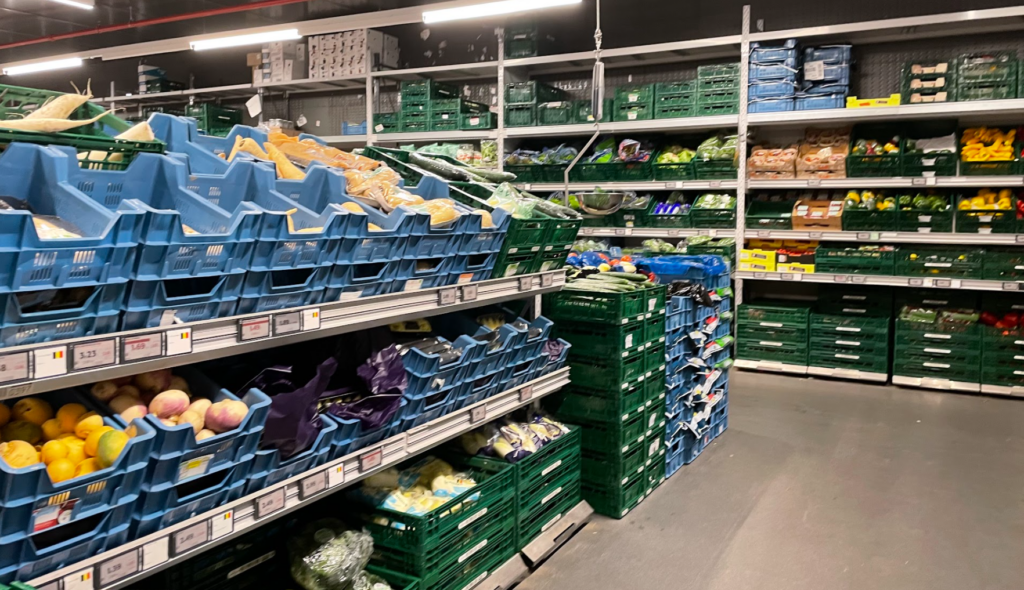Though the EU economy saw a slight growth in the second quarter of this year, inflation reached new records and economic optimism is plummeting.
Growth across the bloc was unequal and failed to live up to expectations for a post-pandemic recovery. In addition, inflation reached a new high in July 2022, mainly driven by energy and food prices and highlighting Europe's economic fragility.
The annual inflation in the EU – the change in the price of consumer goods and services between the current month and the same month of the previous year – was 9.8% in July, almost four times higher than this time one year ago according to the latest figures from Eurostat.
Again, the disparity between Member States was clear; while France and Malta saw their annual inflation rate remain relatively stable at 6.8%, Estonia (23.2%), Latvia (21.3%) and Lithuania (20.9%) recorded the highest annual rates. In Belgium, inflation sat at 10.4% in July – 0.6% above the EU average.
Related News
- From finance to energy: The sectors profiting from high inflation
- UK inflation exceeds 10% for first time in 40 years
Consequently, EU economic sentiment (which gauges economic outlook) is falling for the fifth month in a row, dropping below its long-term average.
"This decrease was due to significant losses in the industry, services, retail trade and consumer confidence," Eurostat stated.

